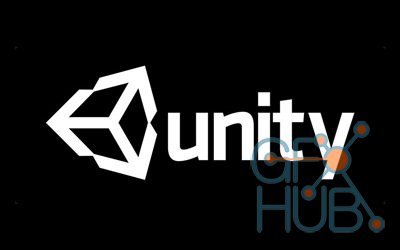

A common one is that the file cannot be created if it already exists. If it fails then follow the advice in the error message. If you’re successful then you will see a message that the junction has been created. Mklink /J “C:\Users\ \AppData\Roaming\Unity\Asset Store-5.x“ “E\Unity Assets\Cache“ Mklink /J “AppData Folder“ “Your New Save Location“ To create the directory junction you need to use the mklink command, which follows the pattern: If not, it’s not a big deal, just make sure you’re somewhere on the C: drive. Once this is open you should be in “C:\WINDOWS\system32“. Go to “Start > Cmd“ and right-click to run as administrator. I went with the folder structure “Unity Assets\Cache“ on my E: drive. This can be anywhere you like and called anything you want. Create a new folderĬreate a new folder at your desired location. You can rename it to whatever you want but I’d just prefix it with an underscore for simplicity. This is just a precautionary measure, in case you want to revert back during the process. It will look slightly fainter than the other folders in the list. If you can’t see your AppData folder, then go to “View > Hidden Items” to reveal it. This is located at: ”C:\Users\ \AppData\Roaming\Unity\Asset Store-5.x” This is where things get fun! Follow the steps below and you should be set up in no time. There are a few different types of Symlink available to you, including hard links and soft links, but to solve our Unity problem you’re going to want to use a directory junction. This approach will allow you to point to a folder and that link will then appear to be the same to Windows. The solution dear reader is symlinks, or Symbolic Links. But, it’s been years since this problem was brought to their attention so it looks like we’re still stuck with it for now.

It would be nice if you could specify your own save location for these downloads. Now, is this the best solution? Probably not. This reduces the traffic on their servers and also makes things a lot quicker for you - especially if your internet connection is a bit on the slow side. Once downloaded, you can then import them into any project you like without having to re-download it every time. In a nutshell, Unity uses a hidden file on your C: Drive to save the assets that you download from the store. With the recent release of the Unity Humble Bundle, a lot of uses have found themselves left with a very full hard drive, whist others have been completely unable to download some of the chunkier audio assets due to a lack of C: Drive space.īefore we can fix the problem however, we need to know… What’s going on. Linux users you should already know what you’re doing! Note: This solution is for Windows users only - Sorry Mac uses.


 0 kommentar(er)
0 kommentar(er)
